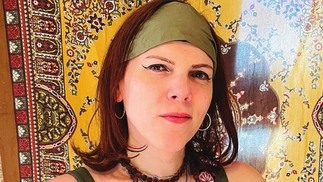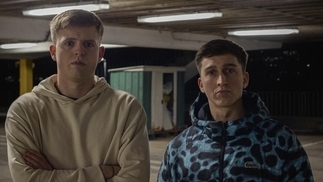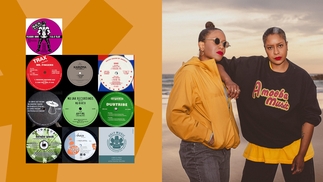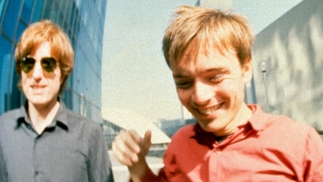DANNY HOWELLS: A NEVER-ENDING QUEST
Danny Howells isn't your typical DJ.
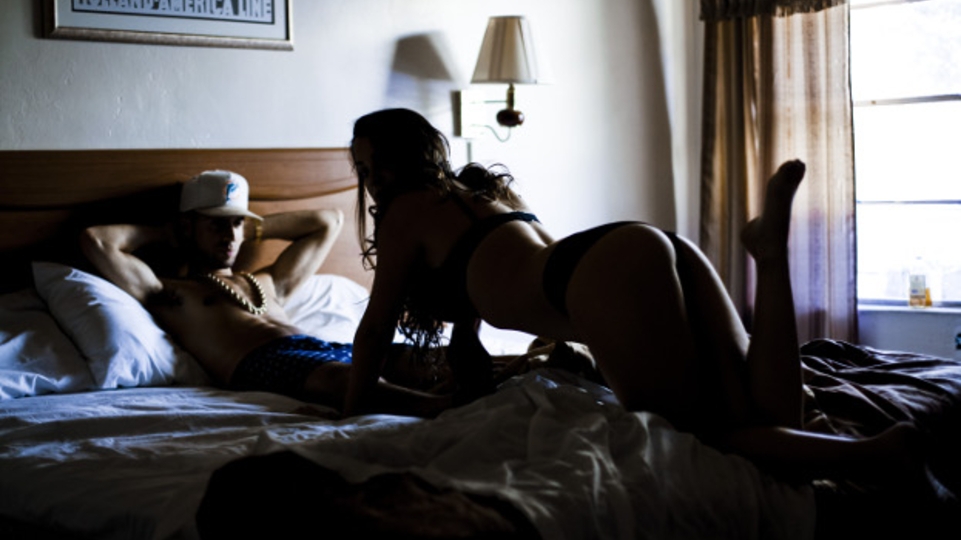
"For fuck's sake, hang on a sec, I'm scanning stuff, some Visa crap. My old agent used to do it but my new agent won't do it, they really don't believe in spoiling DJs."
It’s hard to imagine any other DJ of 20 years standing who would be happy to do this sort of stuff on their own. Plenty of big name jocks chuck the toys out of their pram if the wrong person speaks to them at a gig, or if the brand of Champagne they are treated to isn’t expensive enough.
Not Danny Howells, he’s humble to a tee. More than that, he’s honest with himself and his situation, and always has been. Despite a devilish anti-careerist streak (“My personal and private life is primary compared to everything else, which is the opposite to most DJs I think”), he’s managed to weather many storms and in 2013 is playing exactly the sort of gigs he wants to — nothing more, nothing less.
“There was a time when DJing came first,” says the Hastings man, speaking quickly, enthusiastically and candidly. “But I thought, ‘What am I achieving?’ There was a point when I was starting to get ill, had back problems and anxiety problems and it was like, fuck this. If you carry on like that you'll be in an early coffin so I took stock of my life and now eat healthy, don’t smoke, take time off.”
HOBBY TO CAREER
DJing all started more than two decades ago as a hobby, but unlike many of today’s overnight stars, Danny effectively spent nine years as a DJ apprentice, warming up for John Digweed at his Bedrock parties.
“I would never have had it any other way,” he says of the period Digweed calls his ‘polishing the mirror ball’ phase. “I appreciate what I achieved and what I've done so much because it wasn't instant.” Despite this, DJing as hobbyist continued for much longer than you might imagine. Even in the year 2000 when Danny was turning out his Nubreed mix for Global Underground — one of the many compilations that have defined his career — he was still reluctant to quit his day job.
“I didn't start out to achieve anything, this all happened by fluke. Even when I was doing compilations, remixes for people like Robbie Williams and doing tours, I was still trying to cling on to my old job as a psychiatric nurse as long as I could. I loved DJing and producing but wondered, ‘how secure is it?’ As a nurse I knew I could pay the rent.”
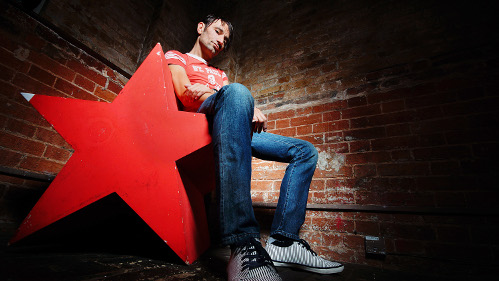
Of course, something had to give and eventually DJing became Danny’s full-time job proper. Since then he has evolved through many different sounds, from Italo house and Belgian techno in the early days, onto deeper house and sunny prog through to where he is at in 2013, best summed up by his new two-disc mix for the famed 'Balance' series.
It finds the former Renaissance, Twilo and Home resident in the form of his life, mixing up an erudite and underground selection of house, bass, downtempo and techno tunes from the vanguard into more than two hours of journeying electronic bliss. Four Tet, Axel Boman, Lady Blacktronika, The Mole and many more on-point names are all included, but rather than aiming to re-assert or re-launch himself into the modern DJ market, Danny is typically grounded in his reasons for doing the mix.
“It just felt like the right time,” he offers. “I had a lot of tunes I wanted to get out there and felt I could put something together I could be proud of, which is the main reason I agreed to do it. I scan music not caring about whether it’s cool, not really influenced by what’s happening out there but just doing what your heart tells you to do, in that sense you’re a bit disconnected [as you get older] I think.
Rather than looking for things for the 'Balance' mix, stuff starts leaping out at you and I suddenly realised there was a nice clutch of records that went well together. This one I'm still listening to when I go to the gym, which is an absolute rarity for me, I usually discard them as soon as they're done!”
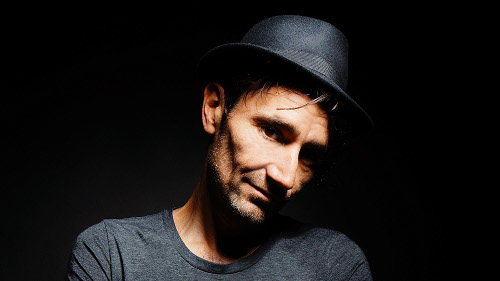
MORE MELODIC
Along the way, there are a few choices Danny feels he has made that may have been detrimental to his career, but DJ Mag reckons it’s more likely they were short-term setbacks that have in fact done him good in the long run.
The first is having such a diverse sonic palette and mixing such widescreen DJ sets, which can be both a blessing and a curse in that if you play the same thing every night people know what you stand for, but you risk eventually being pigeonholed and thus written off. On the other hand, great as it is to spread your wings each and every time you land in the DJ booth, you’re more likely to be hit and miss in the ears of those on the ‘floor.
“This year I found myself steering towards more melodic and downtempo stuff,” he muses, agreeing that might be down to his maturing years. “I was always quite diverse in my tastes though, from Stax Records to The Beatles, The Stones, pop stuff, Motown, Slade, glam rock — I couldn't bear the thought of only knowing house or rock or punk. For me, music is a never-ending quest to understand and hear as much as possible, finding new paths to go down and discover.”
Given that he is partial to a bit of eyeliner, admits that he “buys all the rock mags” and speaks with fondness about going to see Prince and The Cure back in his youth, you have to wonder if Danny isn’t a rockist at heart.
“I've always been torn down the middle,” he says. “I like stuff like Can and Neu! and they are rock and electronic really, but I think there was a period in the '90s where people put guitars on rock music and it was utterly vile. I might drop ‘Fool's Gold’ or some Bowie at an afterparty, but hearing a dance classic with a rock beat behind it is horrible.”
Of course he’s made plenty of his own beats in his time. Most came in the last part of the last decade during a particularly fertile production period. They came on his own label, Dig Deeper, set up, incredibly, because Howells wasn’t confident enough to send his music to other DJs. One day, though, he found it harder to make music that excited him, but rather than “draft in a collaborator or co-producer and carry on producing in order to stay in the public eye, I just thought 'stop it', because I wouldn’t feel conformtable with that.”
And with this his anti-careerist streak raises its head once more. “I’ve always had a realistic view of this job. I've never wanted to be out there and relentlessly forcing myself down people’s throats. I know you are hot for a short period and that’s basically it. The rest of it...you can fight against it and try and stay super relevant, but that period is a short-term thing.”
